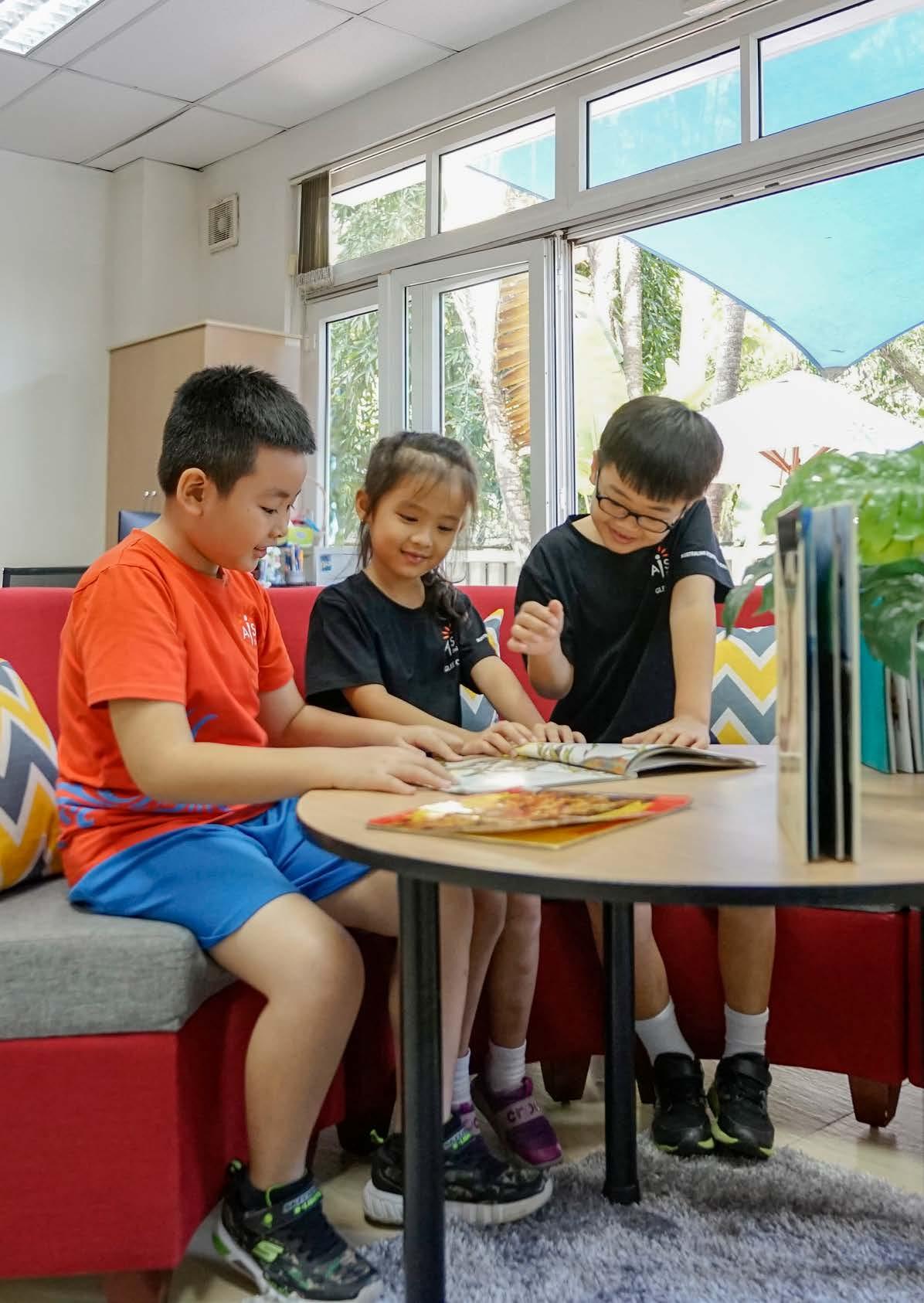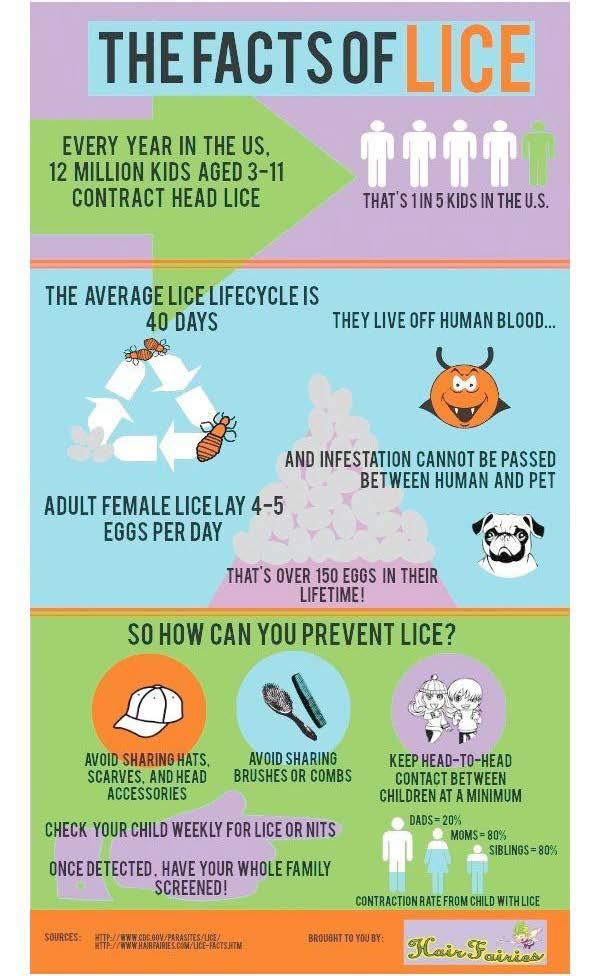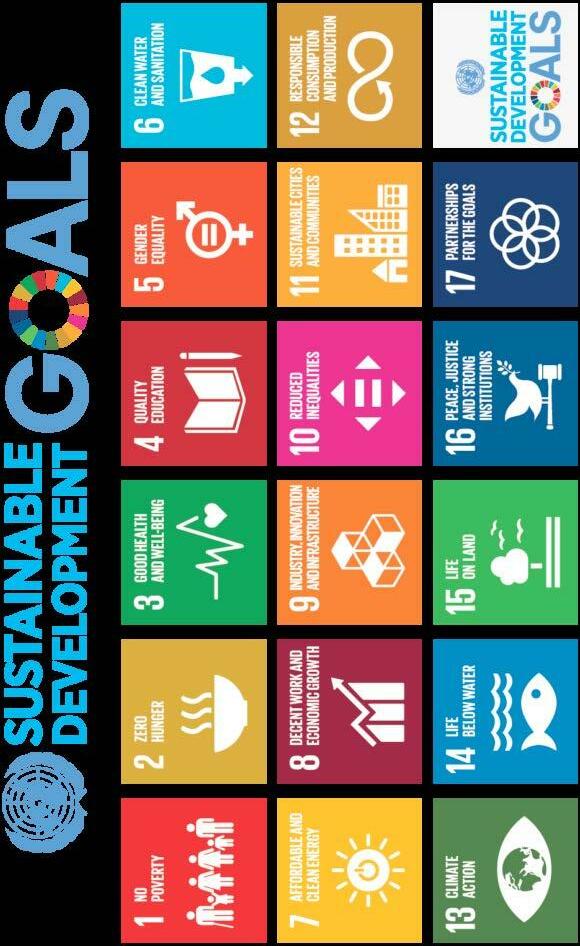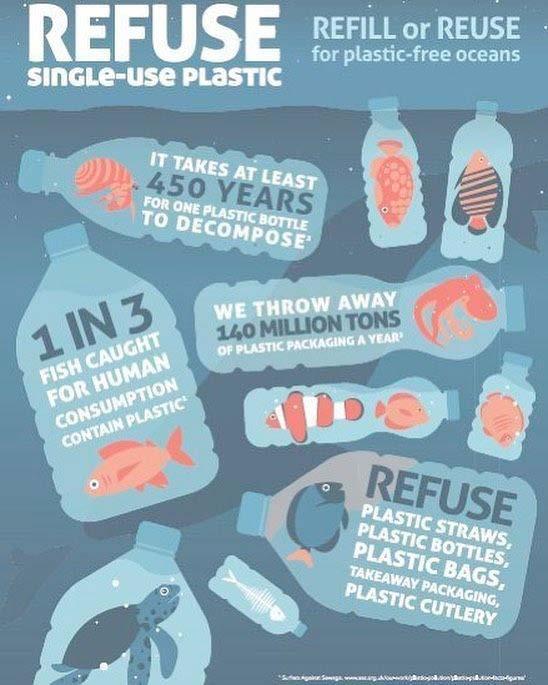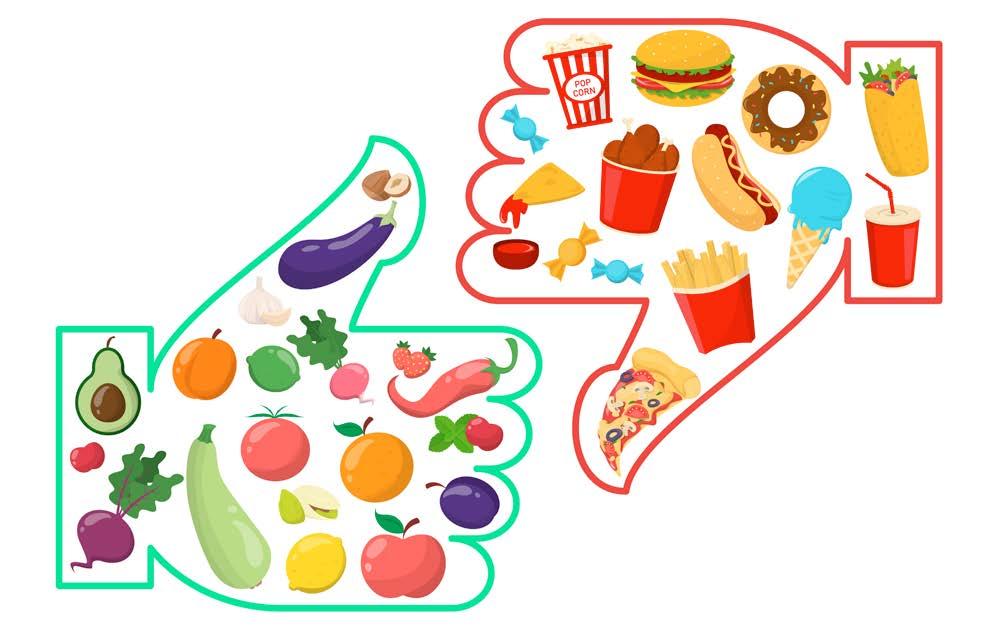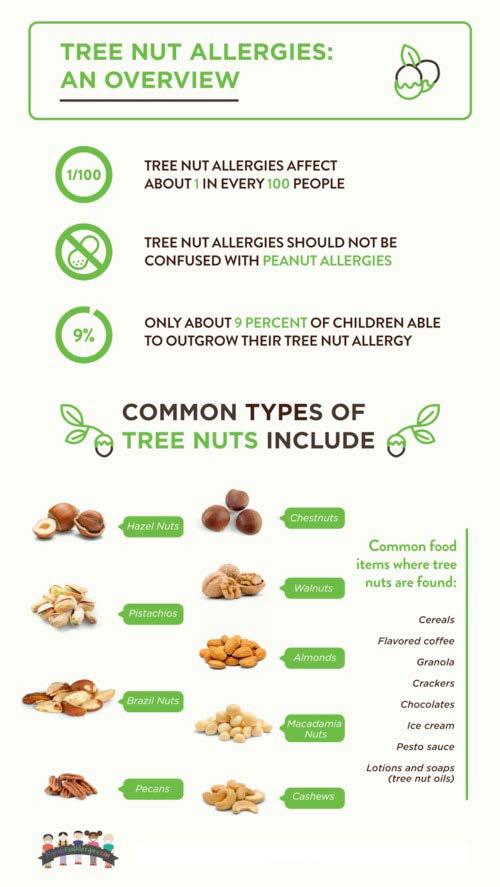
5 minute read
APPROACHES TO LEARNING
These skills are developed in the context of authentic situations such as those offered through the PYP units of inquiry and within the different subject areas.
All our teachers foster and support the development of skills by providing opportunities embedded in authentic learning experiences, which are relevant and age appropriate for students.
Advertisement
When learning about and through the subject areas, students acquire the particular skills that define the discipline of those subjects. For example, in language the students become literate, and in mathematics they become numerate. The acquisition of literacy and numeracy, in its broadest sense, is essential, as these skills provide students with the tools of inquiry.
Nonetheless, the PYP position is that, in order to conduct purposeful inquiry and in order to be well prepared for lifelong learning, students need to master a whole range of skills beyond those normally referred to as basic. These include skills, relevant to all the subject areas and also transcending them, needed to support fully the complexities of the lives of the students.
• Social skills Social awareness, Interpersonal skills
• Communication skills Viewing, Presenting
• Thinking skills
Comprehension, Application, Critical thinking, Reflection • Research skills Wondering, Investigating, Concluding, Ethics • Self-management skills Motor skills, States of mind, Informed choices, Organisation These skills are valuable, not only in the units of inquiry, but for all teaching and learning that goes on within the classroom and for life outside the school.
THINKING SKILLS
• Acquisition of knowledge • Comprehension • Application; Analysis • Synthesis; Evaluation; Dialectical thought • Metacognition • Gaining specific facts, ideas, vocabulary; remembering in a similar form • Grasping meaning from material learned; communicating and interpreting learning • Making use of previously acquired knowledge in practical or new ways • Taking knowledge or ideas apart; separating into component parts; seeing relationships; finding unique characteristics • Combining parts to create wholes; creating, designing, developing and innovating • Making judgments or decisions based on chosen criteria; standards and conditions • Thinking about two or more different points of view at the same time; understanding those points of view; being able to construct an argument for each point of view based on knowledge of the other(s); realising that other people can also take one’s own point of view • Analysing one’s own and others’ thought processes; thinking about how one thinks and how one learns
SOCIAL SKILLS
• Accepting responsibility • Respecting others • Cooperating and resolving conflict • Group decision-making • Adopting a variety of group roles • Taking on and completing tasks in an appropriate manner; being willing to assume a share of the responsibility • Listening sensitively to others; making decisions based on fairness and equality; recognising that others’ beliefs, viewpoints, religions and ideas may differ from one’s own; stating one’s opinion without hurting others • Working cooperatively in a group; being courteous to others; sharing materials; taking turns • Listening carefully to others; compromising; reacting reasonably to the situation; accepting responsibility appropriately; being fair • Listening to others; discussing ideas; asking questions; working towards and obtaining consensus • Understanding what behaviour is appropriate in a given situation and acting accordingly; being a leader in some circumstances, a follower in others

COMMUNICATION SKILLS
• Listening and Speaking • Reading, Writing and Viewing • Presenting • Non-verbal communication • Listening to directions; listening to others; listening to information • Speaking clearly; giving oral reports to small and large groups; expressing ideas clearly and logically; stating opinions • Reading a variety of sources for information and pleasure; comprehending what has been read; making inferences and drawing conclusions • Recording information and observations; taking notes and paraphrasing; writing summaries; writing reports; keeping a journal or record • Interpreting and analysing visuals and multimedia; understanding the ways in which images and language interact to convey ideas, values and beliefs; making informed choices about personal viewing experiences • Constructing visuals and multimedia for a range of purposes and audiences; communicating information and ideas through a variety of visual media; using appropriate technology for effective presentation and representation • Recognising the meaning of visual and kinesthetic communication; recognising and creating signs; interpreting and utilising symbols

SELF-MANAGEMENT SKILLS
• Gross motor skills • Fine motor skills; Spatial awareness • Organisation; Time management; Safety • Healthy lifestyle; Codes of behaviour; Informed choices • Exhibiting skills in which groups of large muscles are used and the factor of strength is primary • Exhibiting skills in which precision in delicate muscle systems is required • Displaying a sensitivity to the position of objects in relation to oneself or each other • Planning and carrying out activities effectively. Using time effectively and appropriately • Engaging in personal behaviour that avoids placing oneself or others in danger or at risk • Making informed choices to achieve a balance in nutrition, rest, relaxation and exercise; practising appropriate hygiene and self-care • Knowing and applying appropriate rules or operating procedures of groups of people • Selecting an appropriate course of action or behaviour based on fact or opinion

RESEARCH SKILLS
• Formulating questions • Observing; Planning • Collecting data • Recording data; Organising data; Interpreting data • Presenting research findings • Identifying something one wants or needs to know and asking compelling and relevant questions that can be researched • Using all the senses to notice relevant details • Developing a course of action; writing an outline; devising ways of finding out necessary information • Gathering information from a variety of first- and second-hand sources such as maps, surveys, direct observation, books, films, people, museums and ICT • Describing and recording observations by drawing, note taking, making charts, tallying, writing statements • Sorting and categorising information; arranging into understandable forms such as narrative descriptions, tables, timelines, graphs and diagrams • Drawing conclusions from relationships and patterns that emerge from organised data • Effectively communicating what has been learned; choosing appropriate media


